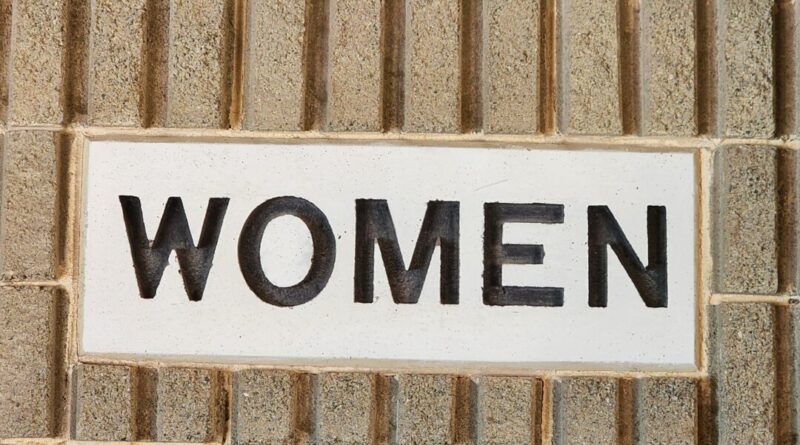Pushback Against 9 Percent Pay Increase for Jobs Dominated by Women
The Australian Council of Trade Unions (ACTU) is advocating for a gender-based pay increase for women in ‘key feminised industries.’
Concerns have been raised by the Opposition regarding the impact of pay raises for female workers on the overall purchasing power of all Australians, in light of union demands on the government.
ACTU is specifically proposing a 9 percent pay rise for women in industries like child care, veterinary care, disability home care, education, and health support services, among others.
Sally McManus, the secretary of ACTU, emphasized the necessity of targeted pay rises in sectors predominantly populated by women to achieve pay equality.
However, Sussan Ley, Deputy Opposition Leader and Shadow Minister for Women, questioned the feasibility of wage increases given the current cost of living crisis.
Ley expressed her support for higher pay for women in low-paying jobs but cautioned about the impact of escalating costs on wages. She made these comments on Sky News.
In a submission to the Fair Work Commission’s Annual Wage Review, ACTU presented its case for the pay rise and explained that it aims to address historical undervaluation of female-dominated occupations.
The union suggested a 5 percent increase across all awards, with an additional 4 percent for low-paid ‘feminised industries.’ A full-time care worker could potentially receive a $90 pay rise under these changes.
ACTU highlighted that achieving equal pay for women requires systematic changes and targeted pay rises in traditionally female-dominated industries with historically low wages.
In response to the wage increase demand, Shadow Treasurer Angus Taylor emphasized the need to reduce inflation to enhance purchasing power for all individuals.
Taylor emphasized that lowering inflation rates would benefit everyone’s financial situation. He stressed the importance of government focus on combating inflation efficiently to benefit the broader population.
Amid ongoing discussions regarding the budget and rising inflation, it is crucial for the government to strike a balance between addressing cost-of-living pressures and fostering economic growth.
Treasurer Jim Chalmers assured that the upcoming budget would prioritize alleviating cost-of-living concerns and not exacerbating them. He mentioned that tax cuts for all taxpayers would be a central feature of the budget, along with potential additional assistance if deemed affordable and responsible.



